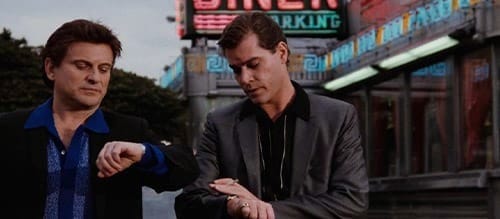The destroyer of worlds.

OPPENHEIMER is a rare film that treats intellect as spectacle — not by glorifying genius, but by showing how terrifying it can be when brilliance outruns conscience. Christopher Nolan frames J. Robert Oppenheimer not as the father of the atomic bomb, but as a man perpetually split between worlds: theory and reality, idealism and ego, vision and guilt. The result is a film that moves with the velocity of a thriller but carries the weight of an historical lament.
Cillian Murphy’s performance is a kind of slow-burning implosion. He plays Oppenheimer as someone who speaks in riddles because he cannot articulate the enormity of what he’s unleashing. His eyes do most of the work — trembling curiosity in one scene, hollow dread in the next. The film doesn’t redeem or condemn him; it simply observes the fallout inside the man before the world ever sees the fallout outside. His genius is presented not as triumph, but as a burden too heavy to bear.
Nolan structures the story like a chain reaction, each moment igniting the next with inevitable acceleration. Los Alamos becomes a paradox: a place of scientific cooperation and moral rot, where some of the brightest minds on earth pursue discovery with absolute focus while only faintly acknowledging the human cost. The Trinity test is the film’s emotional detonation. It’s not staged as spectacle but as silence — sound sucked out of the world as if the universe itself recoils from what has just happened.
The supporting cast deepens the film’s tragedy. Emily Blunt’s Kitty Oppenheimer simmers with anger at her husband’s passivity; Florence Pugh’s Jean Tatlock becomes a ghost haunting him long after her death; and Robert Downey Jr.’s Lewis Strauss embodies the pettiness of bureaucratic politics, showing how empires are shaped not only by visionaries but by men driven by ego, insecurity, and vengeance. These performances turn a biographical epic into a political chamber piece — a reminder that the atom wasn’t split by a single man, but by a system.
By the time Nolan reaches the film’s final images — a vision of global fire, not metaphor but prophecy — OPPENHEIMER becomes something more unsettling than a biopic. It’s a film about the cost of knowledge and the impossibility of controlling what we create. It argues that humanity’s greatest breakthroughs often arrive hand-in-hand with its darkest impulses. And it leaves us with a question Oppenheimer himself could never answer: was the world saved by his work, or irrevocably doomed by it?
It’s a film that doesn’t let you breathe — because it doesn’t think the world can afford to.




